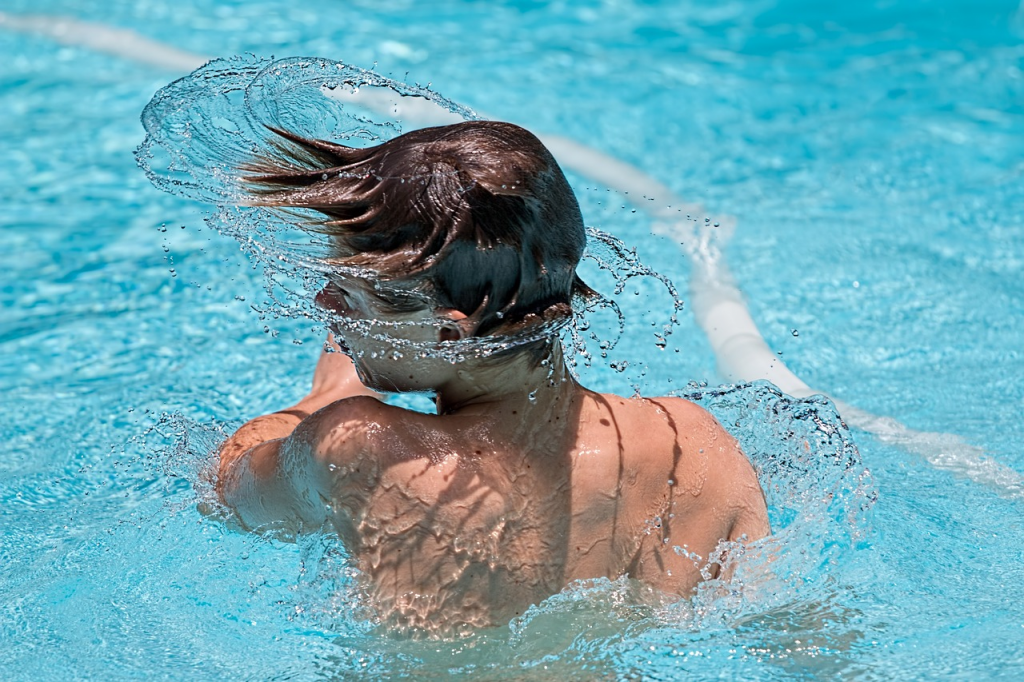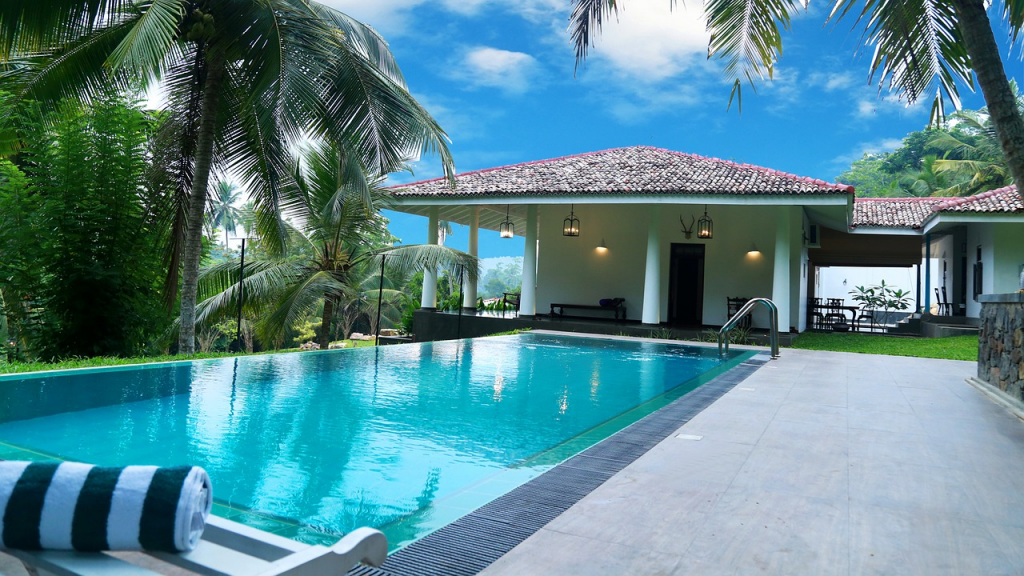You can think about great advantages of having a swimming pool right at the comfort of your backyard and you know for sure that these are real. For example, swimming is one of the best exercises out there, yet, you don’t have to force yourself doing it unlike any other workout routines. Because it’s fun, you’ll gladly volunteer to practice this heart-pumping sport. It’s a great recreation for the whole family, too.

However, you’ll only benefit fully from these advantages if you consider a regular pool inspection and if your pool is properly maintained. Contaminants such as bacteria, algae, molds, fallen leaves and other kinds of unwanted pollutants can make the water cloudy and worse, become a breeding ground for water-borne infections. Just the thought of it makes us cringe—we’ll never take a plunge in water like that.
Good thing, you can always get many valuable resources that can help you keep your pool maintenance on point. It’s also easy to ask useful insights and pieces of advice from the experts like the Blue Waters Pool Service. Meanwhile, we came up with a list of maintenance essentials every homeowner should know.
Get to Know Important Areas of Your Pool
Before we start talking about what needs to be done, every homeowner should first become more familiar with the pool’s major areas that need regular maintenance. Of course, the first component would be the water itself. But that’s not the only important component. We should also pay attention to the interior wall or liner, filter system, pool fence and the system that’s comprised by skimmers and returns.
Now, what is required for each one of those?

How to Take Care of Your Pool Properly
At home, essential cleaning tools should be handy at all times. Basics include a net skimmer, pool vacuum and brush. Contact a pool equipment repair company as soon as you discover any malfunctioning equipment to avoid further damages or even high utility bills. How often should you skim, brush and vacuum your pool? The answer depends on several factors and conditions.
The general rule of thumb is weekly, but if you see the need to do it as often as possible, it wouldn’t hurt if you do it every other day, especially if it is constantly in use. For more complicated maintenance tasks, you may hire professionals to take over. After all, they know better than the rest of us.
Another important thing to check is the water circulation. Poor circulation can cause unpleasant issues like cloudy water and algae infestation. To avoid these issues, you need to keep your pool pump and filter system running on a daily basis. Ideally, this should be done 24 hours per day. However, because of budget constraints, it might not be possible for some of us. If that’s the case, keep it running for at least 10 to 12 hours per day.
If your swimming pool project is currently underway, this may help you pick the right pool pump that you should install.
You should also hit the right water chemistry which include proper pH levels, alkalinity and sanitizer levels. For example, pH levels should be somewhere between 7.4 to 7.6 while alkalinity should range from 100 to 150 parts per million (ppm). Sanitizer levels vary depending on what you use. The most common ones are chlorine and bromine.